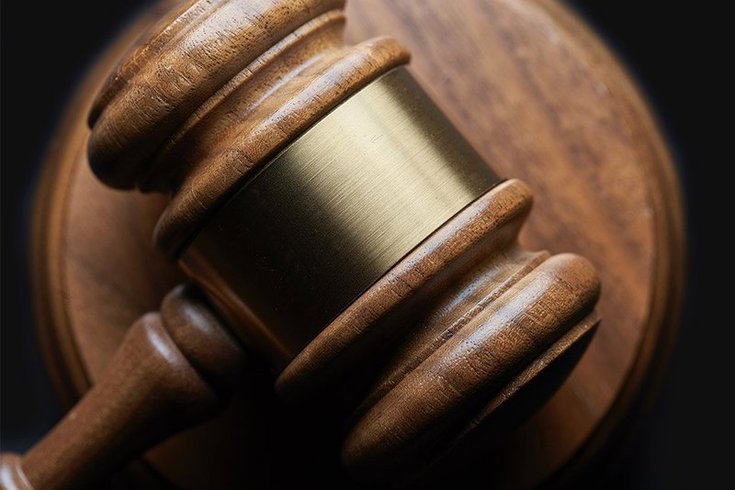
August 29, 2023
 Bill Oxford/Unsplash
Bill Oxford/Unsplash
Jackson Township, New Jersey settled a lawsuit that claimed its zoning and land use discriminated against Orthodox Jewish residents by hindering their abilities to practice their religion.
Jackson Township has settled a discrimination lawsuit that claimed it prevented its Orthodox Jewish residents from freely practicing their religion by enacting unlawful zoning and land use laws.
The settlement with the state Attorney General's Office requires the Ocean County municipality to pay $275,000 in penalties and $150,000 in restitution to impacted residents. Jackson Township also must ensure it adheres to New Jersey's anti-discrimination law and repeal zoning ordinances that prevent Orthodox Jews from establishing religious schools and restrict their abilities to honor the Sabbath and Jewish holidays.
The Attorney General's Office will monitor the township's conduct over the next three years. The township will be required to pay another $150,000 if it violates the settlement, which was approved by a Superior Court judge.
Jackson Township, known as the site of Six Flags Great Adventure, did not admit to wrongdoing as part of the settlement.
According to the lawsuit, filed in 2021, the township's Orthodox Jewish population has steadily grown since 2015. In response, "certain vocal residents" requested township officials take action to prevent more Orthodox Jews from moving in from nearby Lakewood.
The lawsuit claimed Jackson Township elected officials and employees engaged in discriminatory surveillance of Orthodox Jewish residents' homes, targeting communal prayer gatherings. In many cases, this surveillance was encouraged by township leaders, the suit alleged.
The suit also claimed the township's land use laws prevented Orthodox Jews from constructing sukkahs – temporary structures used to mark the weeklong holiday Sukkot. Other laws prevented them from establishing religious schools, known as yeshivas, and dormitories, and from creating eruvium – symbolic areas where Orthodox Jews can engage in activities otherwise prohibited on the Sabbath and during the Yom Kippur holiday.
"No one in New Jersey should face discrimination for their religious beliefs," Attorney General Matthew Platkin said. "We are firmly committed to eliminating discrimination and bias across our state, and we expect local leaders to comply with our robust anti-discrimination laws. The settlement ... is a powerful testament to our commitment to protecting residents' right to religious freedom."
As part of the settlement, Jackson Township's mayor, city council, zoning board and planning board must undergo training on discrimination in land use and zoning. They also must attend annual trainings held by the Division on Civil Rights for the next three years.
The township must create a multicultural committee, made up of residents, to help address issues impacting Orthodox Jewish residents and other people impacted by the township's discriminatory practices.
"While current township officials deny any discriminatory conduct on their watch, the township recognized that the actions of the prior council severely weakened the township's defense to the state's claims," a Jackson Township spokesperson said in an emailed statement. "The township believes that the growing Orthodox community and their involvement in township committees and boards demonstrates that Jackson Township is a diverse and welcoming community for people of all faiths."
Last year, Jackson Township settled a similar lawsuit, filed by the U.S. Department of Justice, that claimed it violated federal law by enacting zoning ordinances that prohibited yeshivas and dormitories.
That settlement required Jackson Township to replace its ordinances with laws that allow the establishment of religious schools, including those with residences. It also required the township pay $45,000 in penalties and place $150,000 into a fund to benefit impacted residents.
Under the latest settlement, Jackson Township residents who believe they were harmed by the township's conduct can email New Jersey's Division on Civil Rights to learn how they can receive money from the restitution fund.